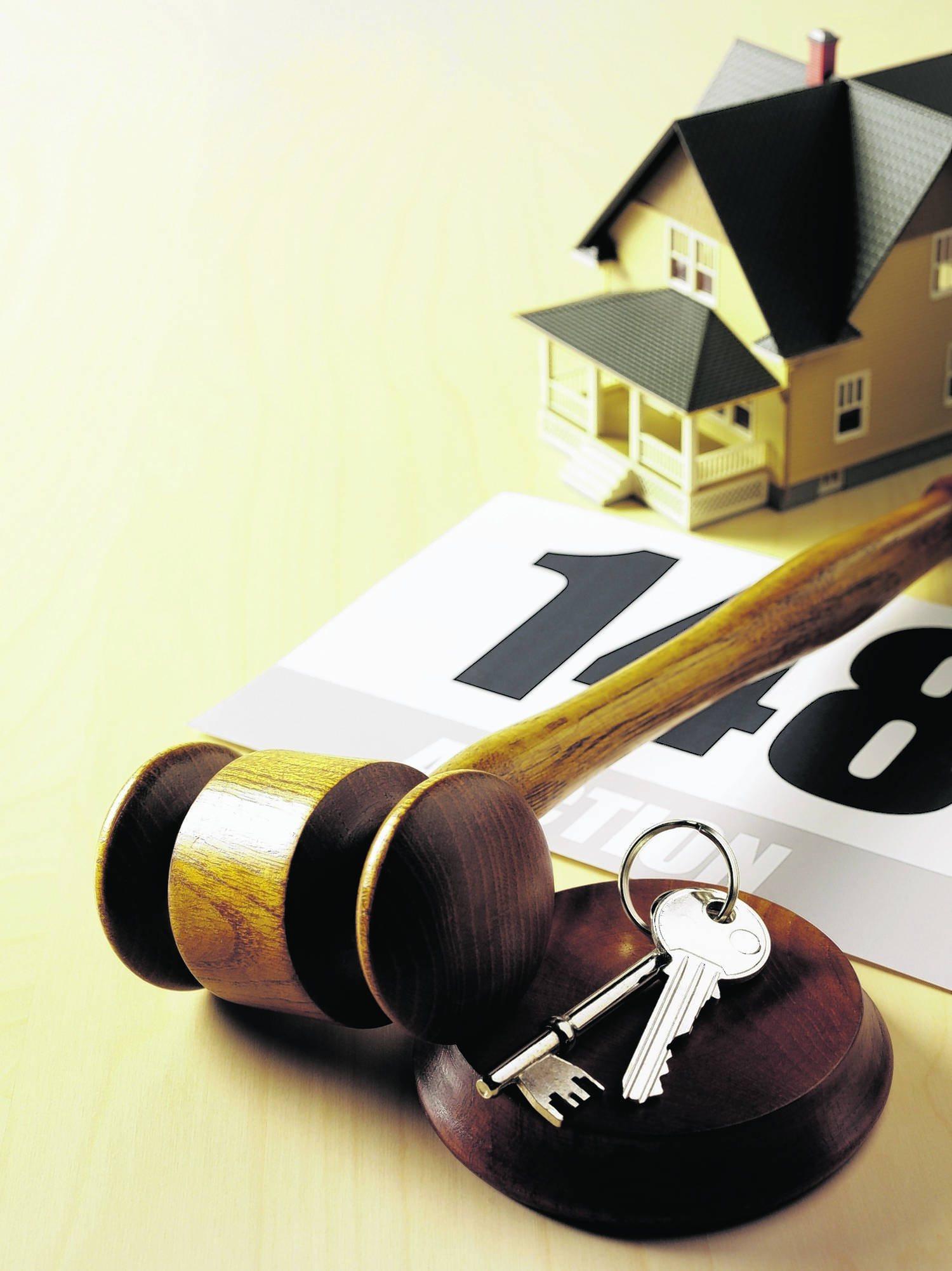Purchasing a house or flat at auction can be risky, but it can also be a great way to bag a bargain – here’s how:
1. The first step is to find auction houses that sell properties in the area you’re looking in. London auctions have properties in London and the Home Counties, but also some much further afield. Outside London, auction houses are more likely to specialise in local properties. Once you’ve found an auction house, get on its mailing list, either for paper or online auction catalogues. The catalogue should be available a few weeks before the auction, usually with a schedule of viewing for the properties being sold. The catalogue/website will also have the guide prices and conditions of sale.
2. Legal documents for each lot should be available to download from the website. Make sure you read them carefully and send them to your solicitor, as they could affect how high you bid, and if you bid at all. Searches are often included in the legal documents, but if they’re not, you may want your solicitor to do them before the auction, although this could, of course, be a waste of money. The same applies to a survey – if you don’t want to pay for one on a property you may not buy, ask a surveyor or builder to view the property with you.
3. Research the local housing market before the auction so you know how much the property is worth, and decide your maximum bid accordingly. The temptation at auctions is to get carried away and bid higher than your maximum. If you’re worried about this, get someone to bid for you, or bid by proxy, where you authorise the auction house to bid on your behalf up to a specified limit.
4. Before the auction, check what ID you need to take with you on the day to register to bid and what methods of payment are accepted for the deposit. If you’re the successful bidder, you have to insure the property, exchange contracts and pay a deposit (usually 10% of the purchase price) and a fee to the auction house immediately. The completion date is often four weeks from the date of the auction, but it can vary. If you fail to complete on that date, you could lose your deposit and even be sued by the seller. For this reason, paying cash is a much safer way to buy property at auction than with a mortgage.
5. The guide price is the price the auction house expects the property to sell for, but it’s not necessarily realistic – properties often fetch much more. Lots will usually have a reserve price and only the auction house knows what it is. If the bidding doesn’t reach the reserve, it may be possible to do a deal with the seller, via the auction house, on the day.
You can check online after the auction to see which properties didn’t sell – it usually says the price they’re available for. You may also be able
to buy a property before the auction, but be prepared for the seller
to refuse because they know that prices can leap up in the heat of the moment.
